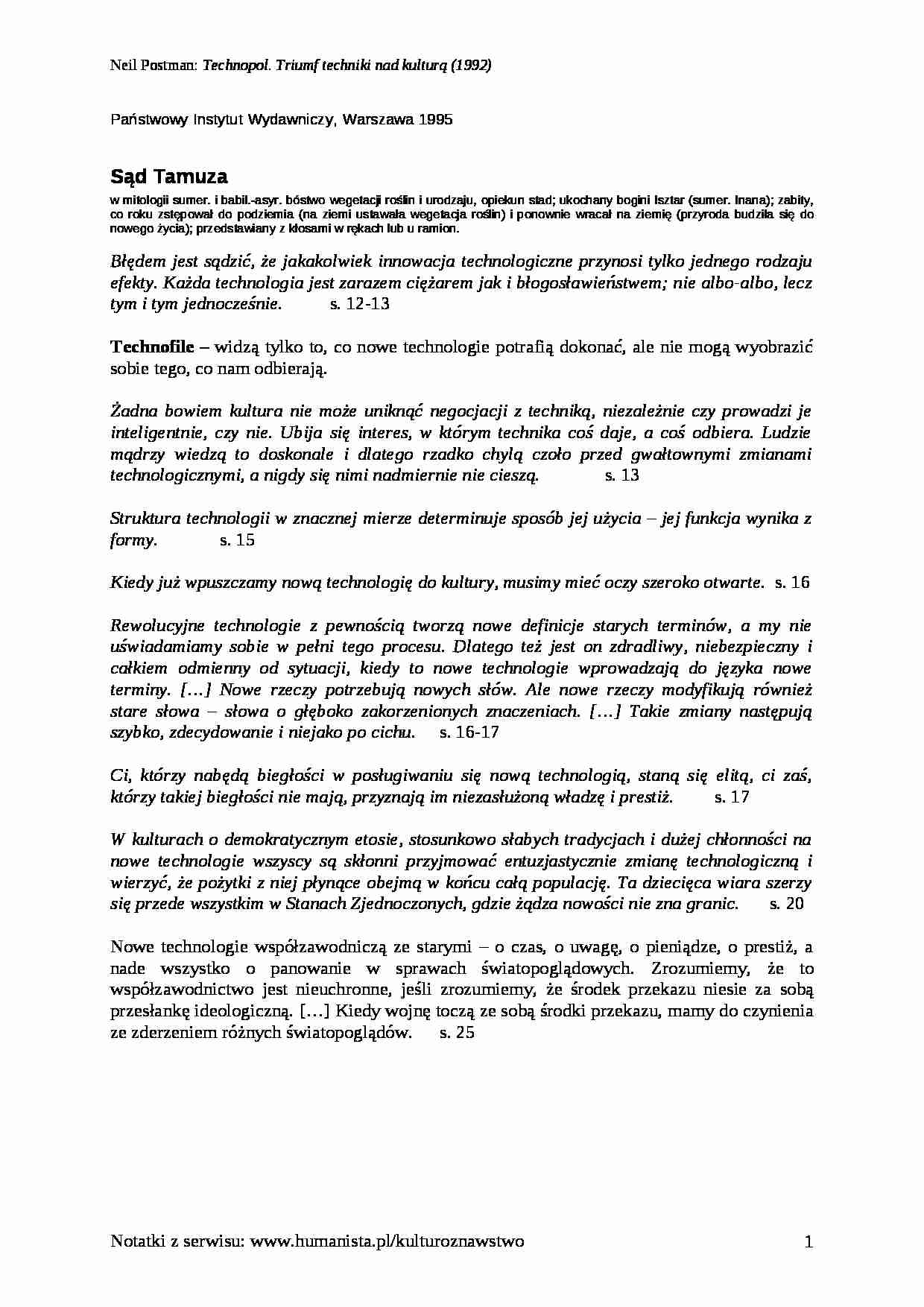

Derrida’s point is that the intrusion of the conceptual framework of the translators inescapably alters the meaning of the text, and often hides, destroys, or disguises the multiple associations that must be read in each instance (p. Different translators opt to translate this pivotal word – like any word – in different ways depending on their reading of the context. For Derrida the multiple meanings of this word are crucial to the understanding of what the dialogue is really saying about the “propriety or impropriety of writing” (274b). Shades of meaning range from a drug or medicine, remedy, a recipe (receipt), or poison. You seem to have discovered a drug ( pharmakon) for getting me out. Phaedrus, who is carrying a written copy of Lysias’ speech under his cloak, chides Socrates for never leaving town to walk in the country, and Socrates replies: What you have discovered is a receipt ( pharmakon) for recollection not for memory. Those who acquire it will cease to exercise their memory and become forgetful they will rely on writing to bring things to their remembrance by external signs instead of by their own internal resources. Thamus dismisses Theuth’s recipe for memory and wisdom, which will have precisely the opposite effect from what he intends: I have discovered a sure receipt ( pharmakon) for memory and wisdom (274e Postman, 1968, p. Theuth himself calls his invention of writing a ‘ pharmakon’: Central to Derrida’s analysis is an archeology of the word “ pharmakon“, which is used many times in the dialogue with respect to writing.

Derrida’s Dissemination, an in depth analysis of the Phaedrus, opposes the historical attitude: “We are speaking of the Phaedrus that was obliged to wait almost twenty-five centuries before anyone gave up the idea that it was a badly composed dialogue” (Derrida, 1981, p. The challenges of interpreting Plato’s work, at the borderline between the ancient Greek oral culture and the rise of writing, are immense. 4) to guide his thinking on the critique of the technology of writing and its current transformations as modern science and technology, and its condemnation by Thamus.

Neil Postman begins his book Technopoly: The surrender of culture to technology with the Judgment of Thamus in order to elucidate “several sound principles” (p.


 0 kommentar(er)
0 kommentar(er)
